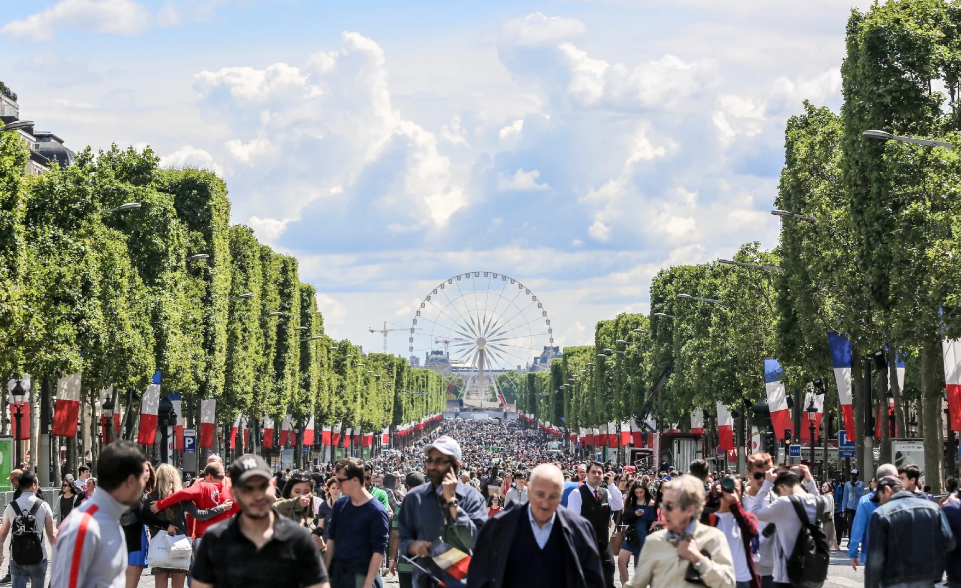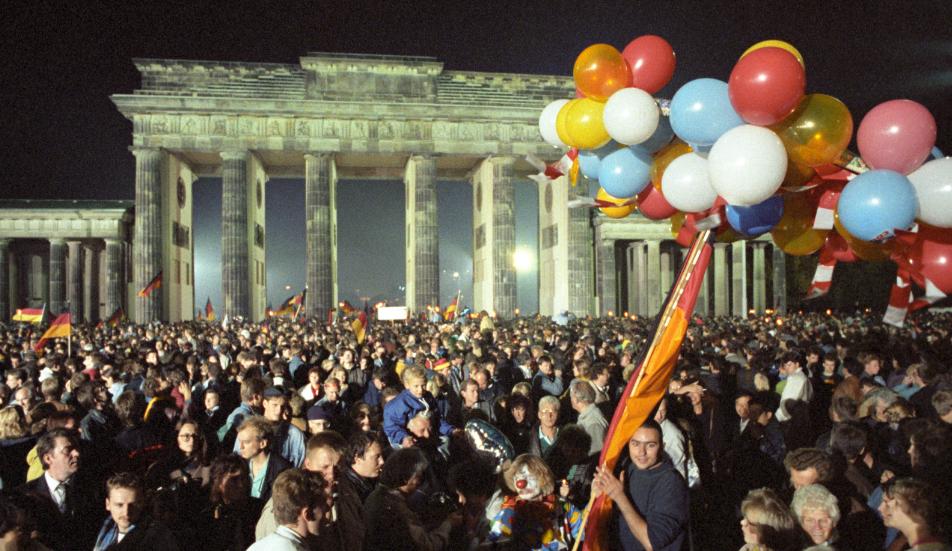Colombia, a vibrant country known for its rich history and diverse culture, celebrates the Colombia National Holiday on July 20th. This significant day commemorates Colombia’s hard-fought independence from Spanish colonial rule. In this article, we will delve into the history, customs, and cultural importance of Colombia’s national holiday, exploring how the country honors its freedom and the impact it has on its people.
History of Colombia National Holiday
The roots of Colombia’s national holiday can be traced back to July 20, 1810, when a group of influential Colombians gathered in Bogota to proclaim independence from Spain. This historic event, known as the “Cry of Independence” (El Grito de Independencia), marked the beginning of a long and arduous struggle for freedom.
Significance of Colombia National Holiday
July 20th holds immense significance for Colombians as it symbolizes their unity, courage, and determination to break free from Spanish rule. It serves as a reminder of the sacrifices made by the country’s forefathers and the resilience of the Colombian people.
How is Colombia National Holiday Celebrated?
Colombia’s national holiday is celebrated with great enthusiasm and patriotic fervor throughout the country. The day begins with the hoisting of the Colombian flag and the singing of the national anthem. People gather in public squares, parks, and plazas, dressed in traditional attire, to participate in various festivities.
Traditional Customs and Activities
During the national holiday, Colombians engage in a variety of traditional customs and activities. These include folk dances, music performances, parades, and fireworks displays. Traditional Colombian cuisine takes center stage, with street vendors selling mouthwatering delicacies such as arepas, empanadas, and bandeja paisa.
National Symbols and Emblems
Colombia’s national holiday showcases the country’s rich cultural heritage through its symbols and emblems. The yellow, blue, and red colors of the Colombian flag adorn the streets, and the national coat of arms is proudly displayed. The condor, a majestic bird native to the Andes, is a significant symbol representing freedom and strength.
Famous Events and Parades
Various cities across Colombia organize famous events and parades on the national holiday. One notable celebration takes place in Bogota, where the President of Colombia delivers a speech and leads the changing of the guard ceremony. The Desfile de Silleteros in Medellin is another highlight, featuring breathtaking flower arrangements carried by locals.
Impact on Tourism and Economy
Colombia’s national holiday not only holds cultural significance but also has a considerable impact on the country’s tourism and economy. The influx of both domestic and international tourists during this period stimulates local businesses, hotels, and restaurants, contributing to the overall growth of the economy.
Cultural Significance of Colombia National Holiday
Beyond its historical and economic importance, Colombia’s national holiday is deeply rooted in the country’s culture. It serves as a unifying force, bringing people together from different regions, social backgrounds, and ethnicities, fostering a sense of national pride and identity.
Regional Celebrations
While the national holiday is celebrated across Colombia, each region adds its own unique flair to the festivities. In Cartagena, for example, vibrant carnival parades showcase Afro-Colombian music and dance traditions. In Cali, salsa music fills the streets, and residents partake in lively dance-offs.
Colombia National Holiday and Independence Movements
Colombia’s national holiday holds a special place in the hearts of those who strive for independence and self-determination worldwide. It serves as an inspiration for independence movements in other countries, emphasizing the universal desire for freedom and the pursuit of justice.
Commemorative Memorials and Monuments
Throughout Colombia, numerous memorials and monuments pay tribute to the heroes and heroines who fought for independence. The statue of Simon Bolivar, the liberator of several South American countries, stands tall in many cities, serving as a reminder of the nation’s struggle for freedom.
Food and Cuisine
Colombia’s national holiday is also a time to savor the country’s delicious cuisine. Traditional dishes like sancocho (a hearty soup), lechona (stuffed pig), and ajiaco (a potato and chicken stew) are enjoyed by families and friends. These culinary delights are a reflection of Colombia’s diverse gastronomy and cultural heritage.
Sports and Recreational Activities on Colombia National Holiday
Sports play a significant role in the national holiday celebrations. Soccer matches, cycling races, and martial arts exhibitions bring communities together, fostering a sense of unity and healthy competition. These activities showcase the athletic prowess and determination of Colombians.
Conclusion
Colombia’s national holiday on July 20th is a momentous occasion that celebrates the country’s independence and cultural heritage. It unites Colombians in a display of patriotism, showcasing their history, customs, and rich traditions. The festivities, customs, and symbols associated with this day make it a vibrant and memorable celebration that highlights the resilience and pride of the Colombian people.
FAQs
Q: Why is July 20th considered Colombia’s national holiday?
A: July 20th marks the day when Colombia proclaimed its independence from Spanish colonial rule, making it a significant milestone in the country’s history.
Q: What are some traditional Colombian dishes enjoyed during the national holiday?
A: Traditional Colombian dishes like arepas, empanadas, and bandeja paisa are commonly enjoyed during the national holiday festivities.
Q: Are there regional variations in the way Colombia’s national holiday is celebrated?
A: Yes, different regions in Colombia add their own unique traditions and customs to the national holiday celebrations, making each celebration distinct.
Q: How does Colombia’s national holiday impact the country’s economy?
A: The national holiday attracts a significant number of domestic and international tourists, stimulating the tourism industry and contributing to the overall economy.
Q: What symbols represent Colombia’s national holiday?
A: The Colombian flag, the national coat of arms, and the condor are significant symbols associated with Colombia’s national holiday.
References
- Rausch, J. D. (2008). Colombia: The National Independence Movement—Precursor to the Latin American Independence Movement. Journal of Hispanic Philology, 31(1), 99-120.
- Mejía, M. (2018). Colombia celebrates 208 years of independence with parades and fireworks. Colombia Reports. Retrieved from https://colombiareports.com/colombia-celebrates-208-years-of-independence-with-parades-and-fireworks/
- Colombia Travel. (n.d.). Celebrating Colombia’s National Holidays. Retrieved from https://www.colombia.travel/en/about-colombia/festivals-holidays/celebrating-colombias-national-holidays

